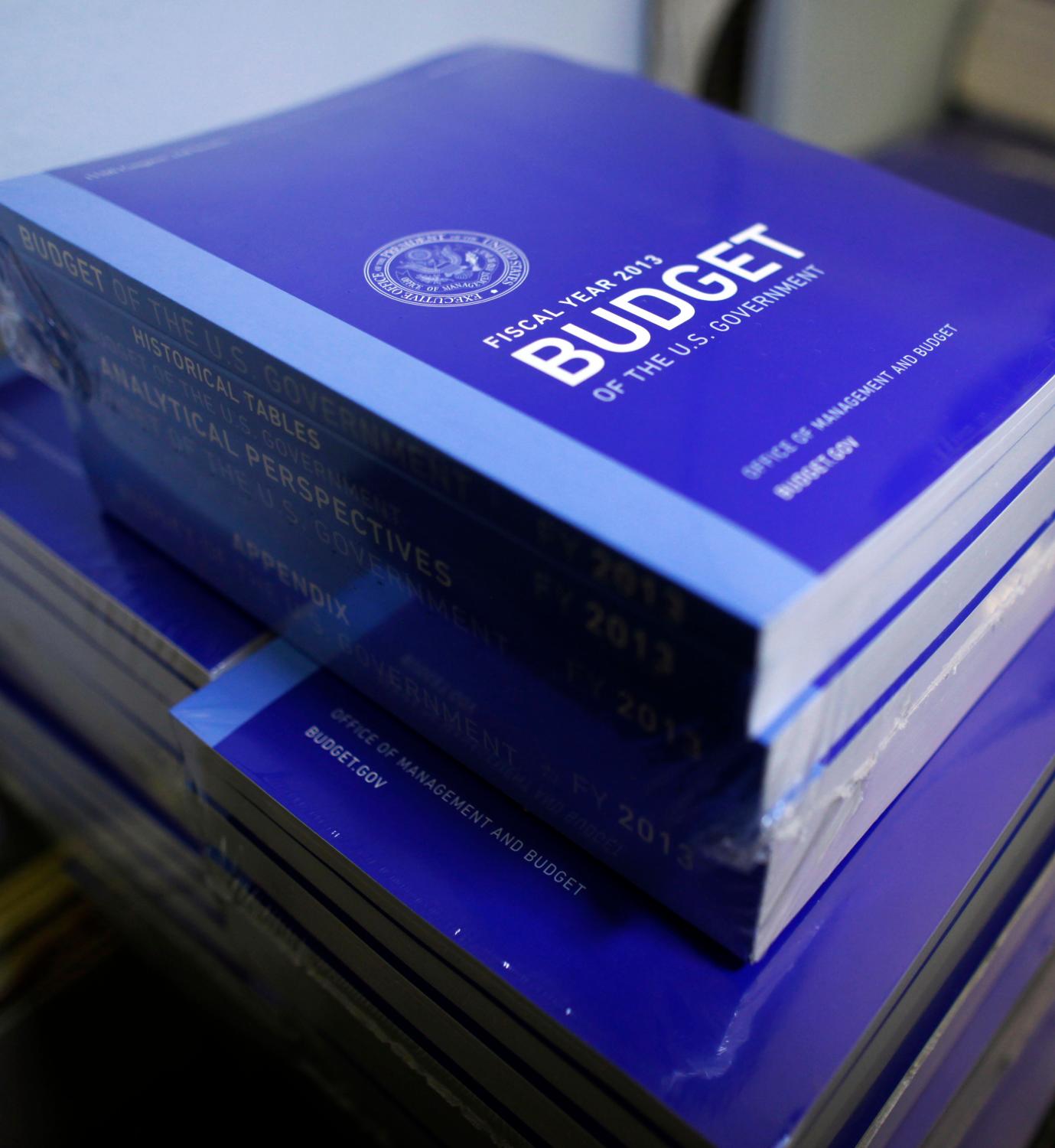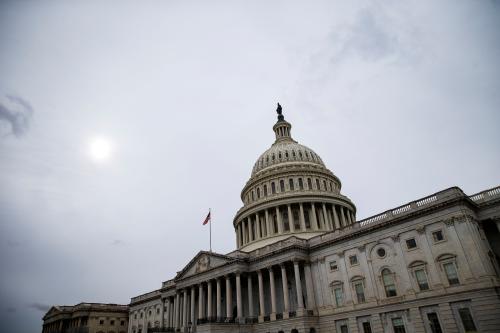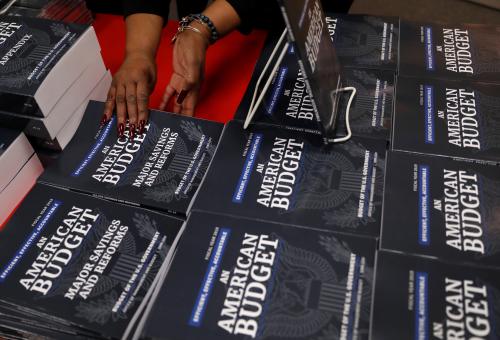After this divisive election, it is widely assumed that polarization and a lack of inter-party cooperation will be the norm for at least the next few years. But while that seems likely to be true generally in Congress, there have been some important exceptions recently, and they should give us some hope that collaboration is possible, even in such areas as federal budgeting.
While internecine political warfare is the most visible characteristic in Congress, outside the limelight the House-based bipartisan Select Committee on the Modernization of Congress has been quietly working to make Congress operate better on behalf of the American people.
The Select Committee on the Modernization of Congress (Select Committee) was established in January 2019 and was extended through 2023 at the start of the new 117th Congress. The Select Committee was tasked to “investigate, study, make findings, hold public hearings, and develop recommendations to make Congress more effective, efficient, and transparent on behalf of the American people.”[1] Since this bipartisan body was established, the Committee unanimously approved 97 recommendations across twelve categories of congressional activities to help the legislative branch work more effectively and efficiently.
And it is now working on how to move some of them forward within Congress, building upon some recent recommendation adoptions into the 117th Congress Rules package, such as making permanent the Office of Diversity and Inclusion and broadening availability of legislative documents in machine-readable formats.
The recommendations touch on many areas where modernization is necessary, from greater transparency and scheduling to improving technology and encouraging greater civility. The Select Committee implemented its own recommendations to encourage civility and bipartisanship by instituting bipartisan retreats for members and opting to sit next to members of the opposite party during committee sessions.
But perhaps its most important legacy may be its recommendations on the budget process, where improvement is long overdue. In its final report, issued in October 2020, the Committee made seven important budget process recommendations:
- Require an annual Fiscal State of the Nation. This would require an annual presentation of the baseline fiscal and budgetary facts to provide a common set of numbers on which to base decisions – much like a shareholder’s update on the full financial picture of a business.
- Require a biennial budget resolution, with annual appropriations bills. This would institute a two-year biennial budget resolution, with annual appropriations bills, to provide appropriators more time to plan and Congress additional time to conduct oversight.
- Institute a realistic deadline for Congress to complete action on a biennial budget. This would move the budget resolution timeframe away from the often-missed April 15 deadline to May 1 for the first year of the biennium, giving Congress an achievable goal to complete its legislative work on time.
- Require an annual supplemental budget submission by the president. This would require the executive branch to provide a supplemental budget submission separate from the president’s policy proposals by December 1, which would include prior and current year fiscal data as well as credit re-estimates for the current year, creating more time for Congress to develop preliminary budget baselines, budget resolutions, and even appropriations bills.
- Encourage examination of how a two-year budget resolution will change the schedule or approach in the budget process. This would require the Budget and Appropriations Committees to review their schedules and procedures to enable timely and efficient consideration of appropriations and budgetary legislation.
- Strengthen budget enforcement. This would recommend limiting the use of the budget reconciliation process, a procedural tool more recently used to avoid the threat of a filibuster in the Senate, to only deficit reduction and require an explanation of assumed changes in direct spending or revenue that have not been reconciled. This change would depart from the contemporary practice of passing deficit-increasing legislation and require that Congress follow regular budgeting and debate order if they decide to make legislative changes in tax, spending, and debt limit policy that would add to the deficit.
- Include total combined outlays and revenues for tax expenditures as an optional item in the budget resolution. This would require that tax expenditures be included in the budget resolution to give a more realistic and transparent look at total federal spending.
In an overlapping set of recommendations focused on Congress’ unique Article One powers, the Select Committee also endorsed the establishment of a grant program enabling Members to direct congressionally-appropriated dollars. The Community-Focused Grant Program would set up a framework in which community partners across the U.S. could submit a competitive grant application to a Member of Congress, who would then be responsible for referring some of the priority grants to the relevant appropriations committee. Community partners could include public entities, certain nonprofits that serve a public interest, and state, local, and tribal governments, but excludes applications from for-profit companies and relatives of members of Congress. Supporters of the program have argued that the design would enhance transparency, encourage community partners to take the lead alongside legislators to identify priority projects in their communities, and potentially strengthen the broader legislative process. A close version of the Select Committee’s grant program, which would set forth a grant transparency process and a “Community Project Funding” list among other things, was recently announced in the House and is expected to attract support in the Senate, too.
To be sure, other than the reconciliation proposal, these are not radical changes. But they would be significant continued steps towards an overhaul of the budget process in need of change. The Select Committee’s consensus-based recommendations could encourage a healthy and constructive conversation about long-term budgeting. And most importantly, the members of the Committee on Modernization have taken a bipartisan step back from the brink of polarization and partisan deadlock and the first step towards cooperation. Hopefully that journey will eventually lead to Congress becoming a more temperate and effective body for conducting the People’s business.
[1] “History,” Select Committee on the Modernization of Congress, January 4, 2019, https://modernizecongress.house.gov/about/history.
The Brookings Institution is committed to quality, independence, and impact.
We are supported by a diverse array of funders. In line with our values and policies, each Brookings publication represents the sole views of its author(s).








Commentary
Some good news on bipartisanship: The Select Committee on the Modernization of Congress
March 17, 2021